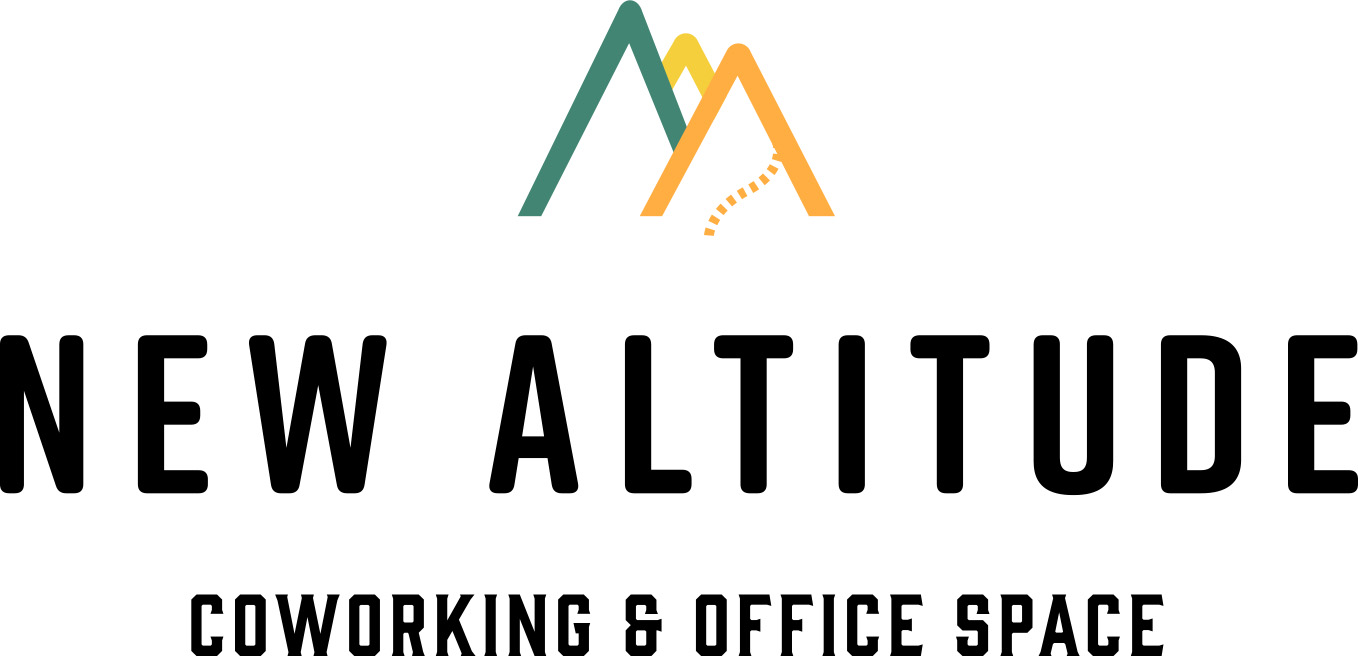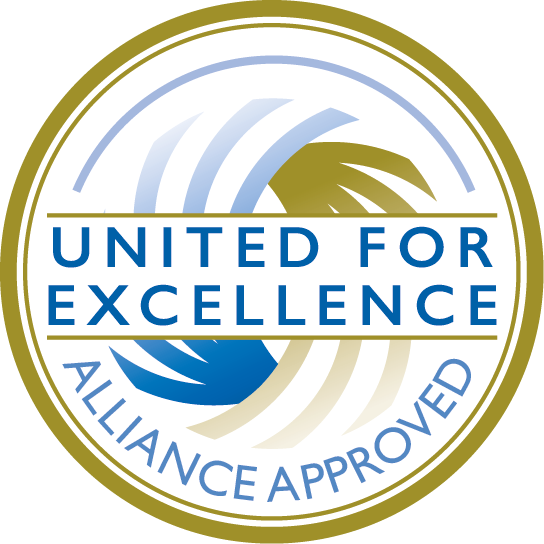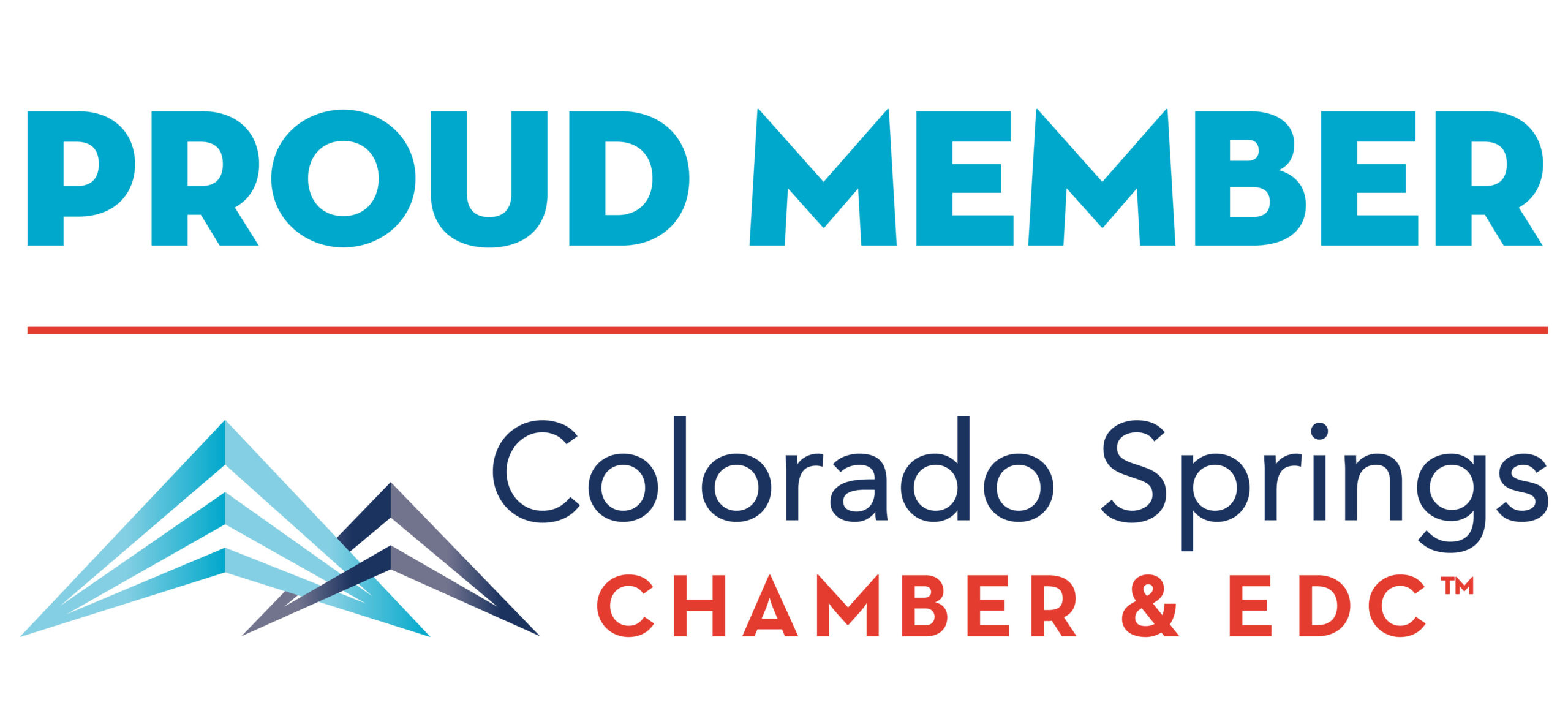Case Management Agency Backlog Reduction Plan
The purpose of the Backlog Reduction Plan is to identify tangible actions and timelines to reduce a CMA’s backlog and meet caseload ratio requirements no later than December 31, 2024. A backlog exists when a CMA is not meeting contractual and/or regulatory requirements within the timelines
TRE has conducted and participated in many activities over the past 6 months to better understand the causes of the backlogs within TRE’s control and to engage in external review support.
For more information, consult the full backlog reduction plan here: TRE Backlog Reduction Plan 7.6.24
Plan was approved by HCPF October 25, 2024: TRE Backlog Reduction Plan Approval Letter






